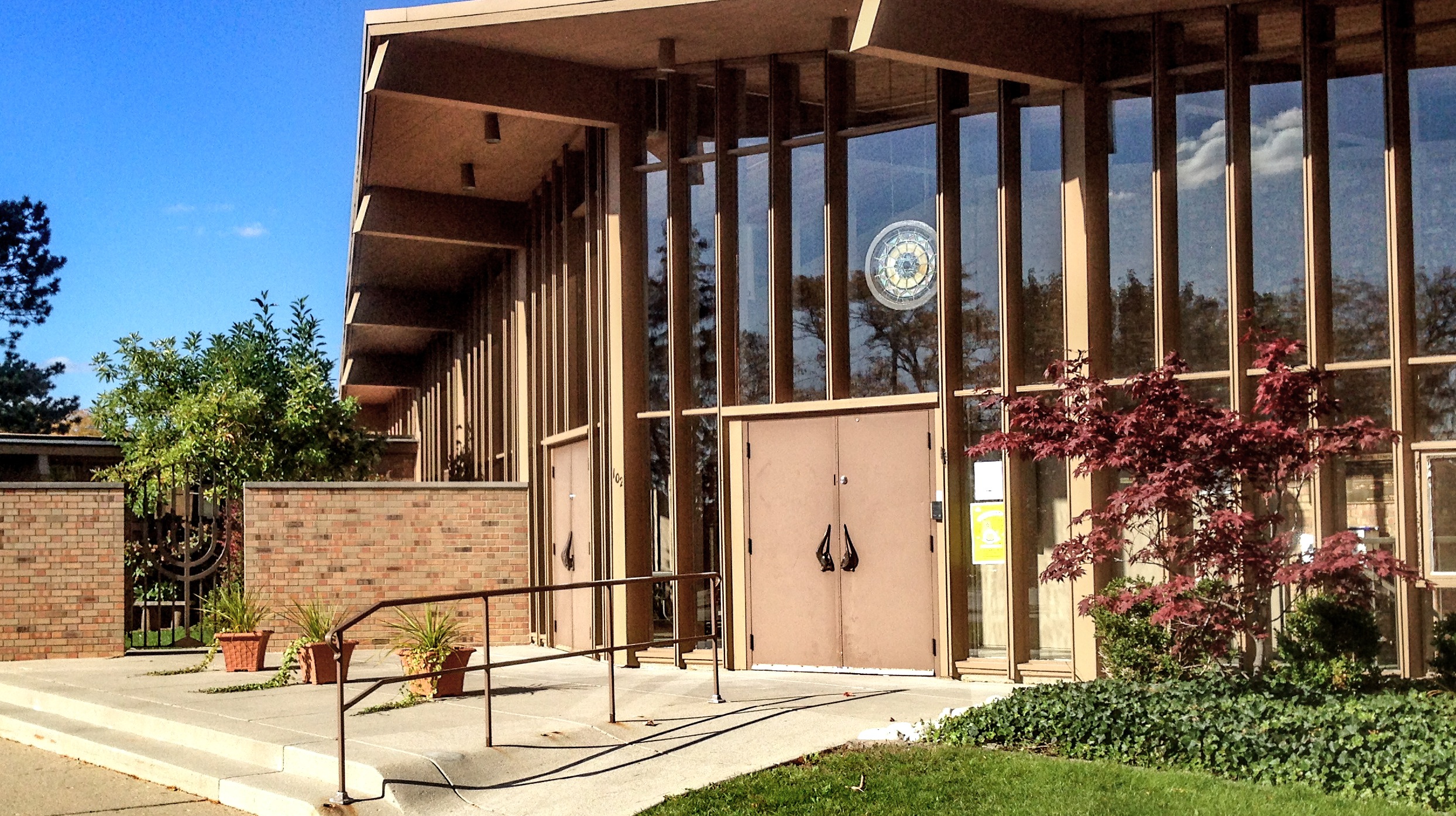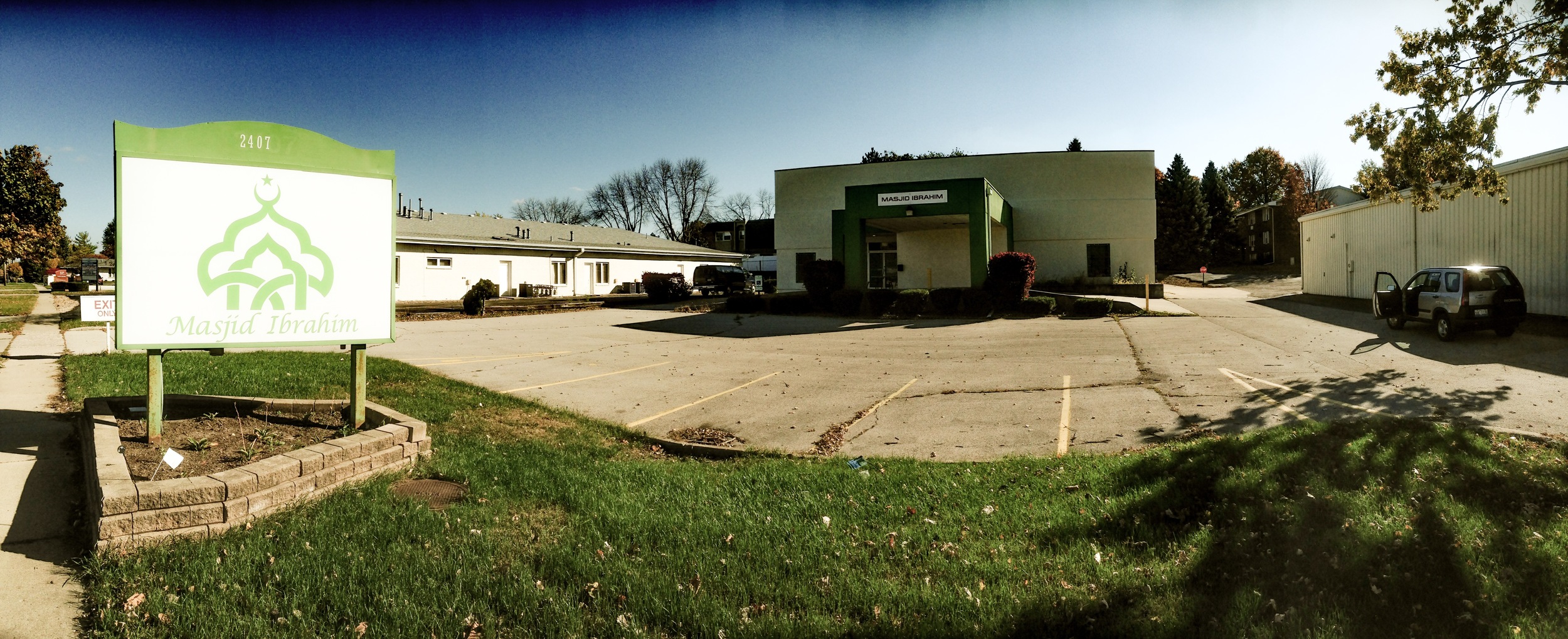The epidemic of nationwide violence, including but not limited to last month's Pulse nightclub shootings in Orlando, has mobilized Gays Against Gun Violence in Bloomington-Normal, which meets initially at 7 p.m. tomorrow (Thursday) at The Bistro, 316 North Main Street, Bloomington.
The event is described as an "inaugural meet-up to brainstorm about how we can help make our community safer for one and all."
"Whether you are gay because you are LGBT or you are gay because you are part of the rainbow of love that we all share, you are most welcome," event sponsors stated. "We will begin by honoring the victims of gun violence at Pulse in Orlando and also the alarming number of victims of gun violence here in Bloomington-Normal."
As a member of Central Illinois' Prairie Pride Coalition, an LGBT advocacy group, Gary Gletty cites PPC's mission "to bring awareness and to reach out to people in our community who could use some help in dealing with issues." PPC was one of several local groups and agencies that appeared June 28 for Not In Our Town: Bloomington/Normal's 20th anniversary on the Old Courthouse square.
Gletty was gratified by the nearly 325-person turnout at the recent downtown Bloomington candlelight vigil for the Orlando nightclub shooting victims, and believes the LGBT community especially of late has "enjoyed quite a bit of support." Leaders of the local faith community participated in the vigil to demonstrate their support.
In mid-June, The Human Rights Campaign, the largest U.S. LGBT-rights organization, called for several measures to curb gun violence in the aftermath of the Florida attack that killed 49 Pulse patrons.
The HRC endorsed steps to limit access to assault-style rifles, expand background checks, and limit access to firearms for suspected terrorists and people with a history of domestic abuse.
A resolution on the gun measures was approved Thursday evening at a special meeting of the HRC's board of directors. The organization said it was the first time in its 36-year history that it had called such a meeting to address a policy matter that extended far beyond the lesbian, gay, bisexual, and transgender community.
The HRC's president, Chad Griffin, blamed the massacre on "a toxic combination of two things: a deranged, unstable individual who had been conditioned to hate (LGBT) people, and easy access to military-style guns."

































